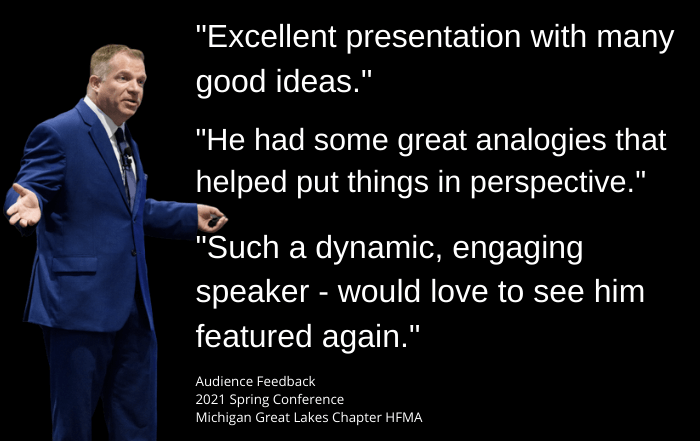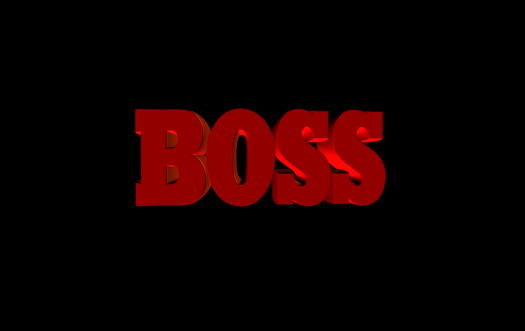 Preventing mistakes at work requires an ongoing commitment, rather than some kind of wave of a magic wand. It takes a strategic approach to problems, rather than punitive.
Preventing mistakes at work requires an ongoing commitment, rather than some kind of wave of a magic wand. It takes a strategic approach to problems, rather than punitive.
How do you react when things go wrong at work? Often what happens is that the person associated with the mistake is either shamed or immediately forgiven. In both cases, the words, “learning opportunity,” may be used.
What’s not happening? When the focus is just on blame or forgiveness, there’s not much time spent on figuring out what went wrong. This is where growth occurs and progress is made.
The discussion needs to be done calmly and without egos taking over. All must be committed to solving the mistake.
Here’s an example inspired by the movie, “This is Spinal Tap.” In our scenario, a giant balloon arch is ordered for a major corporate event. It needs to be ten feet high. Unfortunately, what was accidentally ordered, by an otherwise attentive employee, was a ten inch balloon arch.
The problem leads to a last minute scramble or the understanding that nothing can be done to fix a mistake that should have never happened.
With the goal of preventing mistakes at work, the following strategy can provide some good guidance for making sure this kind of error doesn’t happen again:
What Was the Mistake?
Define the problem. Often people just focus on the outcome and not the root cause of the problem. In this case, someone ordered the wrong size balloon arch. It was a simple case of mixing up the symbols for feet and inches and not having anyone else further review the order.
What’s the Bigger Picture?
While we know the mistake that produced the error, are there other factors involved? Further investigation might reveal the person, who made the mistake with the balloon arch, had been working long hours in an understaffed department.
This makes you wonder if the silly mistake is not the product of a lack of competence but rather a symptom of an overwhelming workload. And that problem may produce future mistakes if it’s not addressed.
It’s entirely possible the person who made the mistake may be a hero, who has been working under challenging circumstances. It’s also possible their commitment to the job may have prevented other mistakes from happening.
Is It a Training Issue?
You can’t expect perfection from people who don’t know what to do. Along those lines, mastery doesn’t happen for duties that are only performed once or twice a year.
To ensure success, make sure people have the training and understanding to help them succeed.
How Can We Prevent the Mistake?
This is when you come up with a mutually agreed upon solution. In our balloon scenario, that could be either having someone provide an extra pair of eyes on an important project or making extra help available when a staffing shortage could place too much strain on one person or department.
There’s no guarantee that this process will produce a solution and eliminate all mistakes. It does allow a team to think about problems differently, putting aside emotions, and making sure that the path to success is clear.






